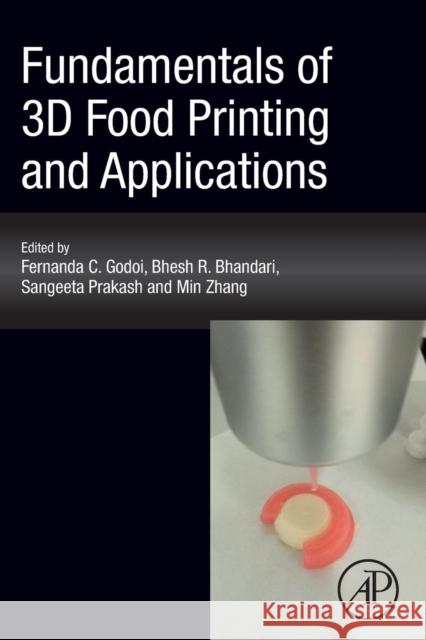Fundamentals of 3D Food Printing and Applications » książka
topmenu
Fundamentals of 3D Food Printing and Applications
ISBN-13: 9780128145647 / Angielski / Miękka / 2018 / 406 str.
Kategorie:
Kategorie BISAC:
Wydawca:
Academic Press
Język:
Angielski
ISBN-13:
9780128145647
Rok wydania:
2018
Ilość stron:
406
Waga:
0.54 kg
Wymiary:
22.86 x 15.24 x 2.11
Oprawa:
Miękka
Wolumenów:
01
Dodatkowe informacje:
Bibliografia











